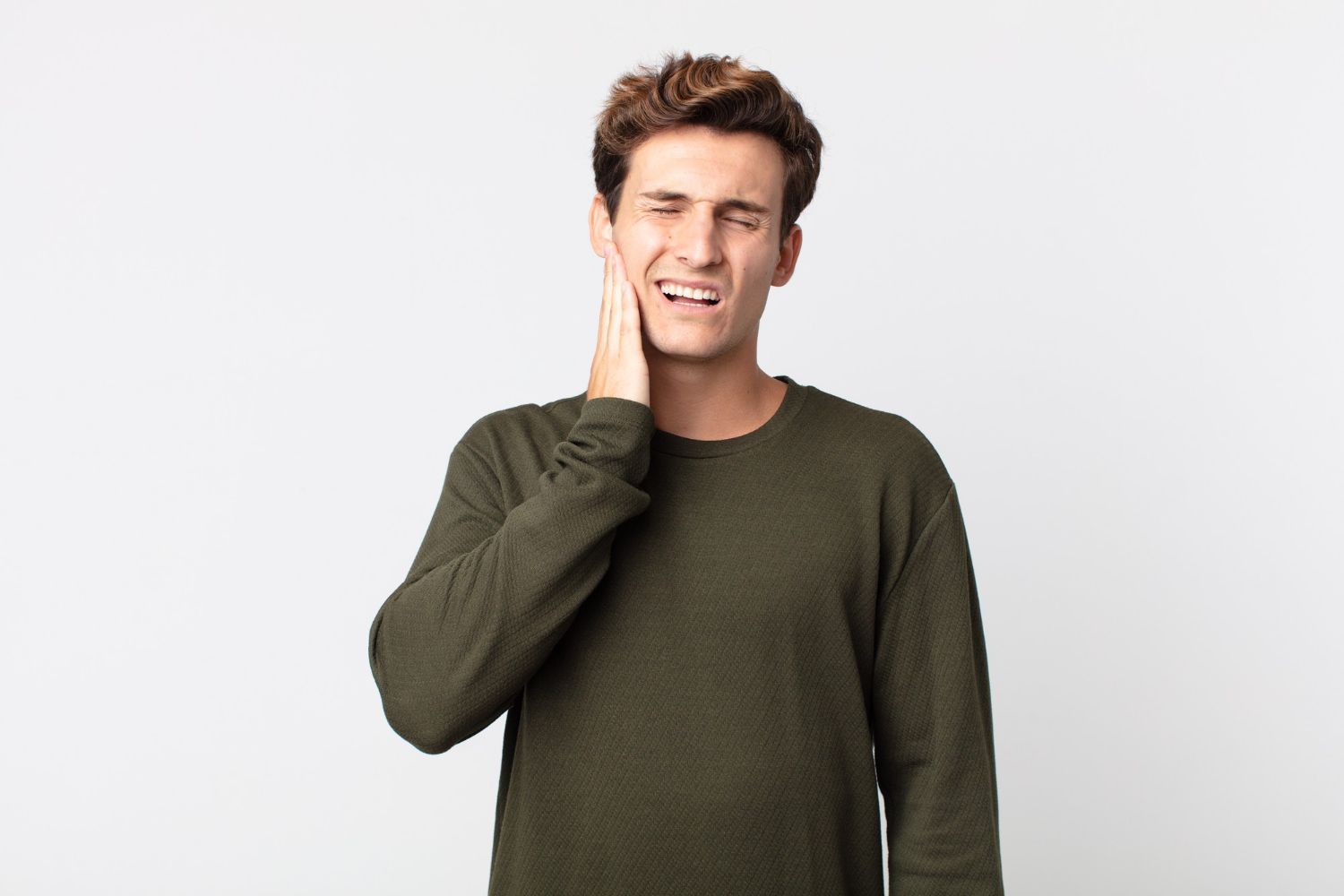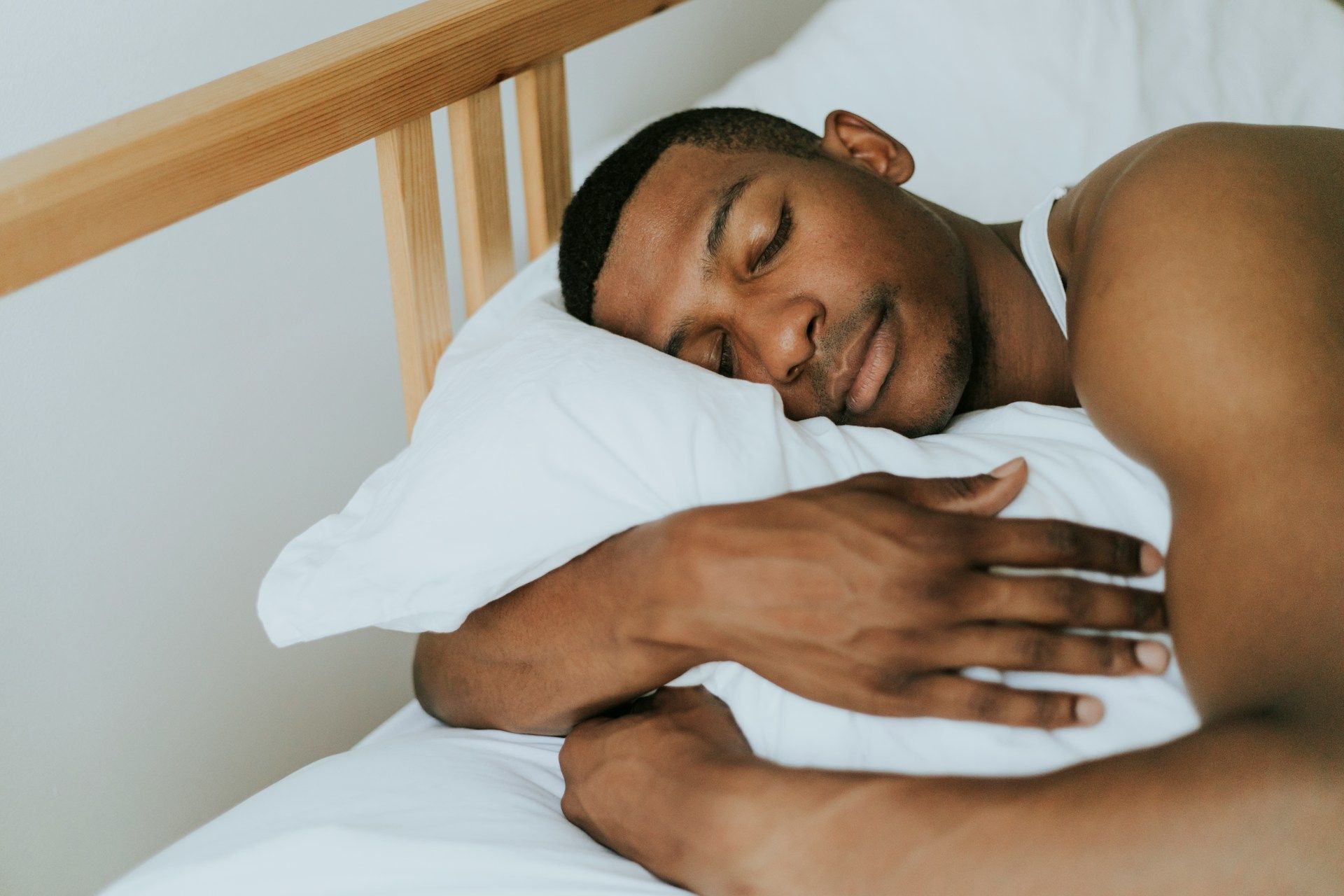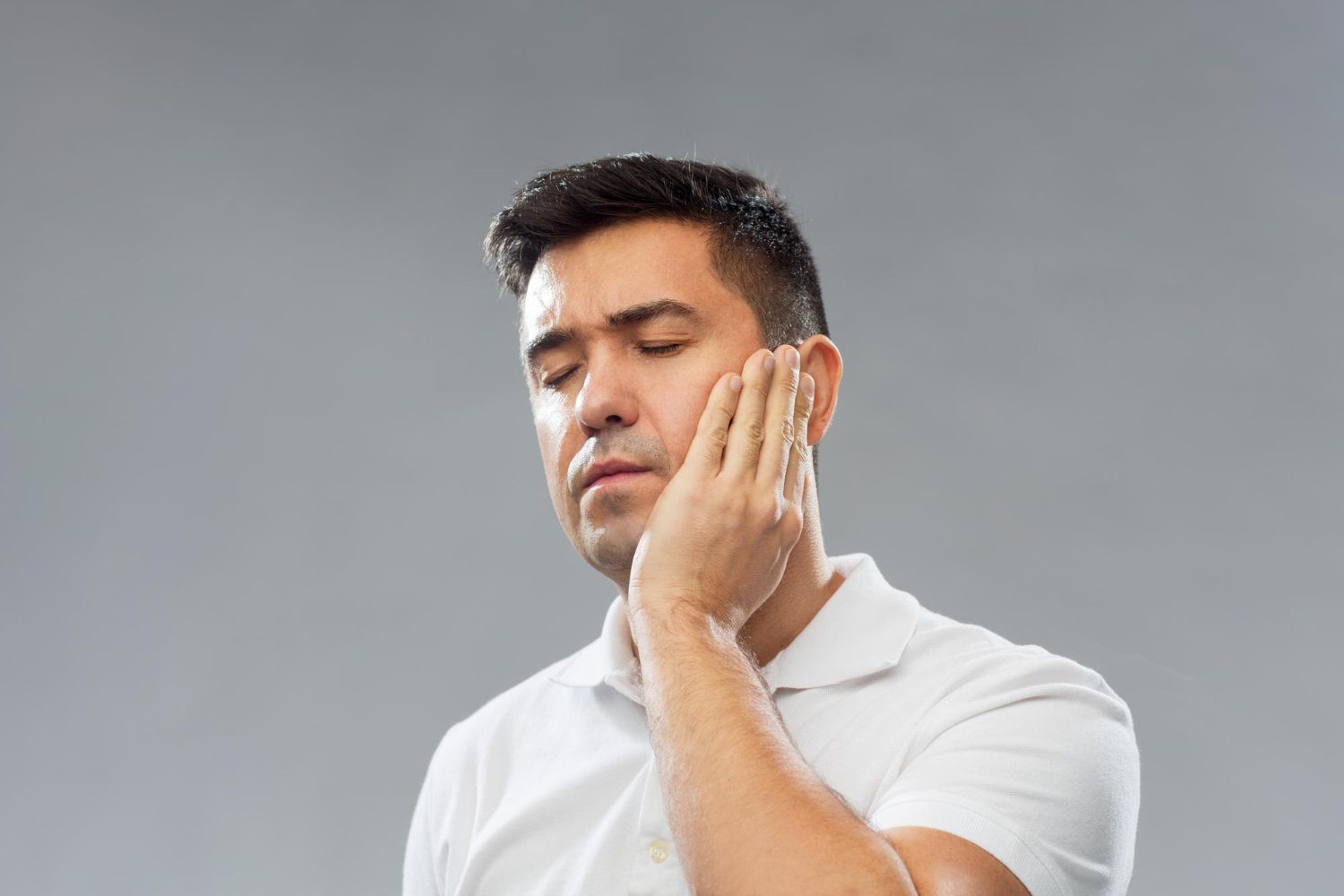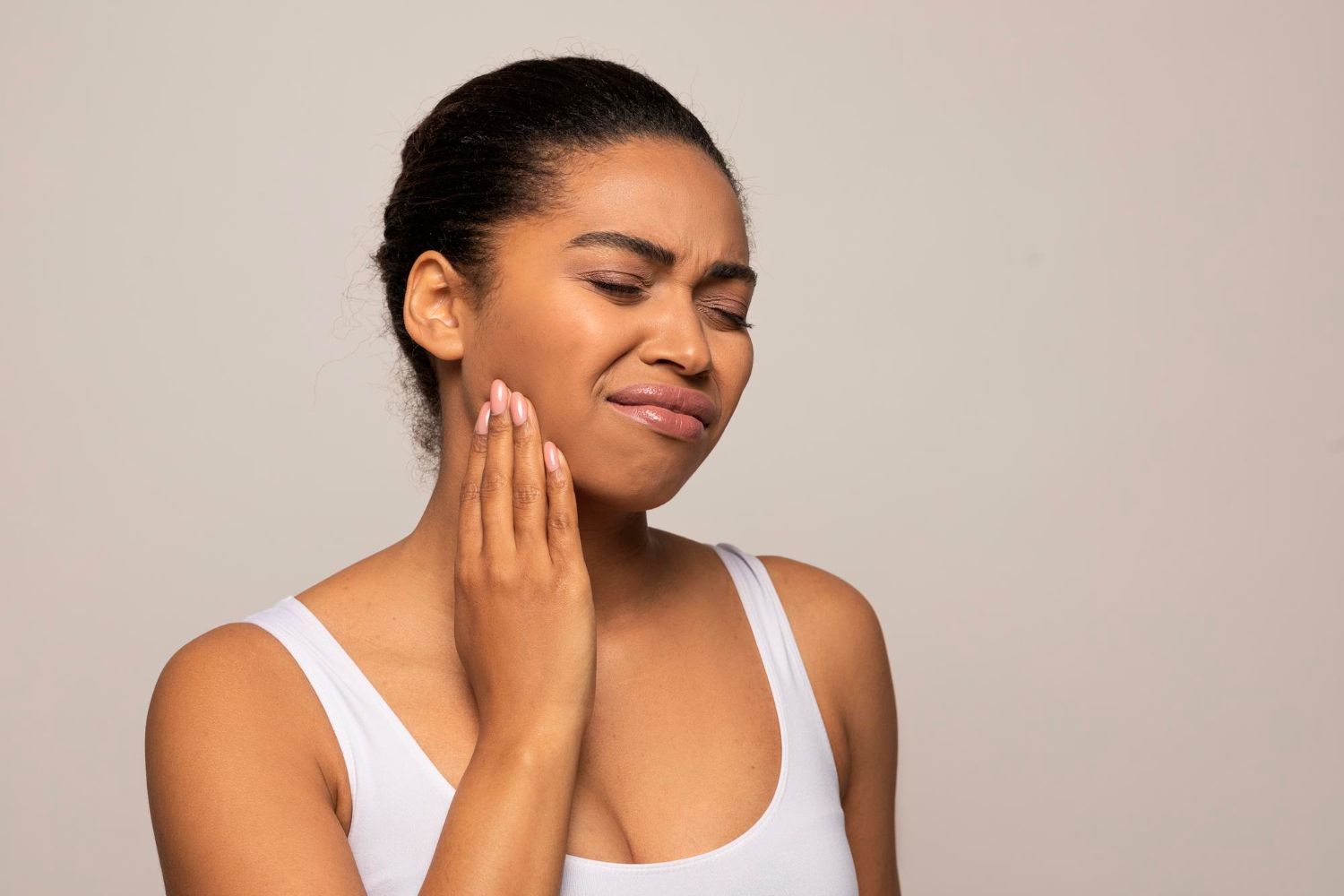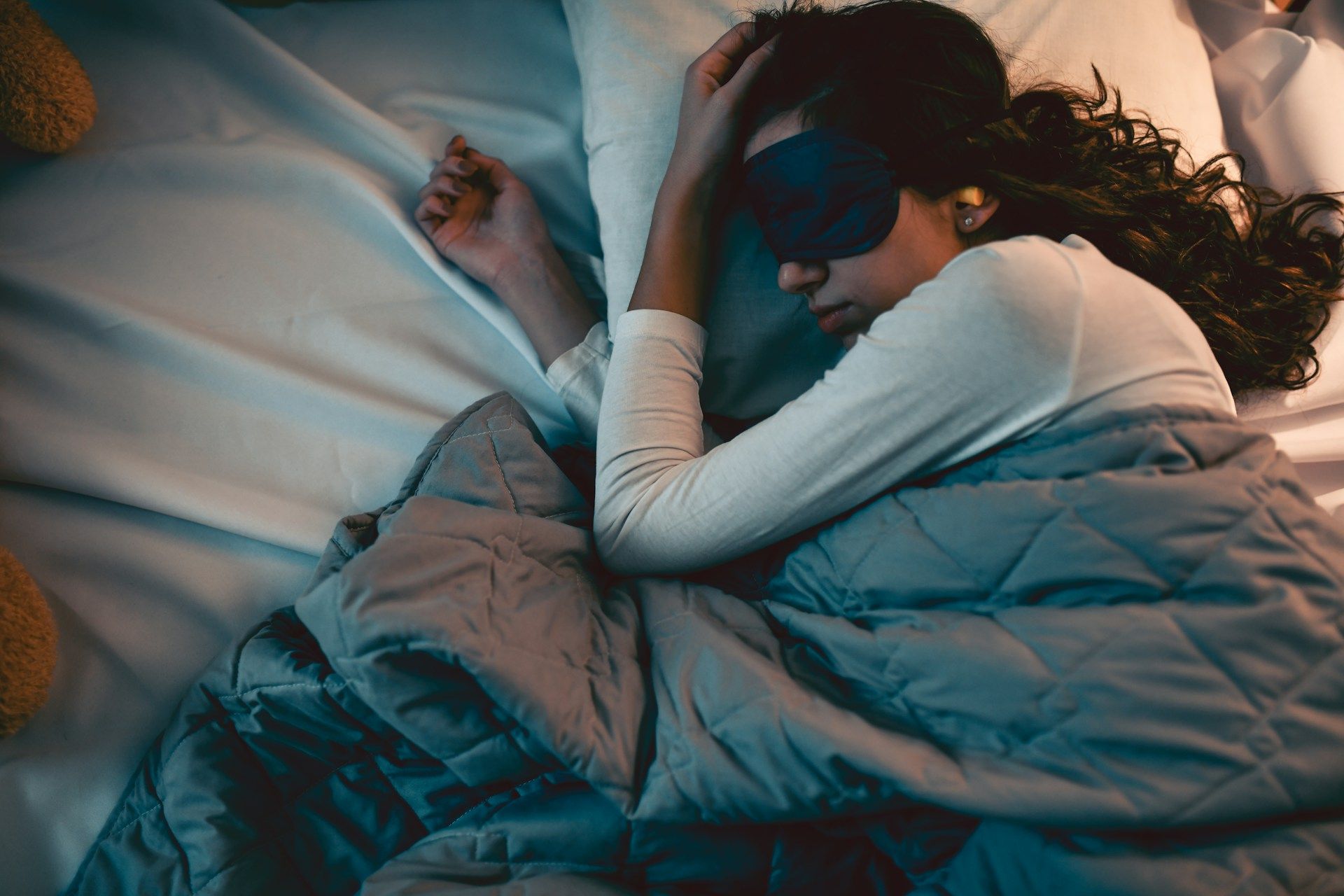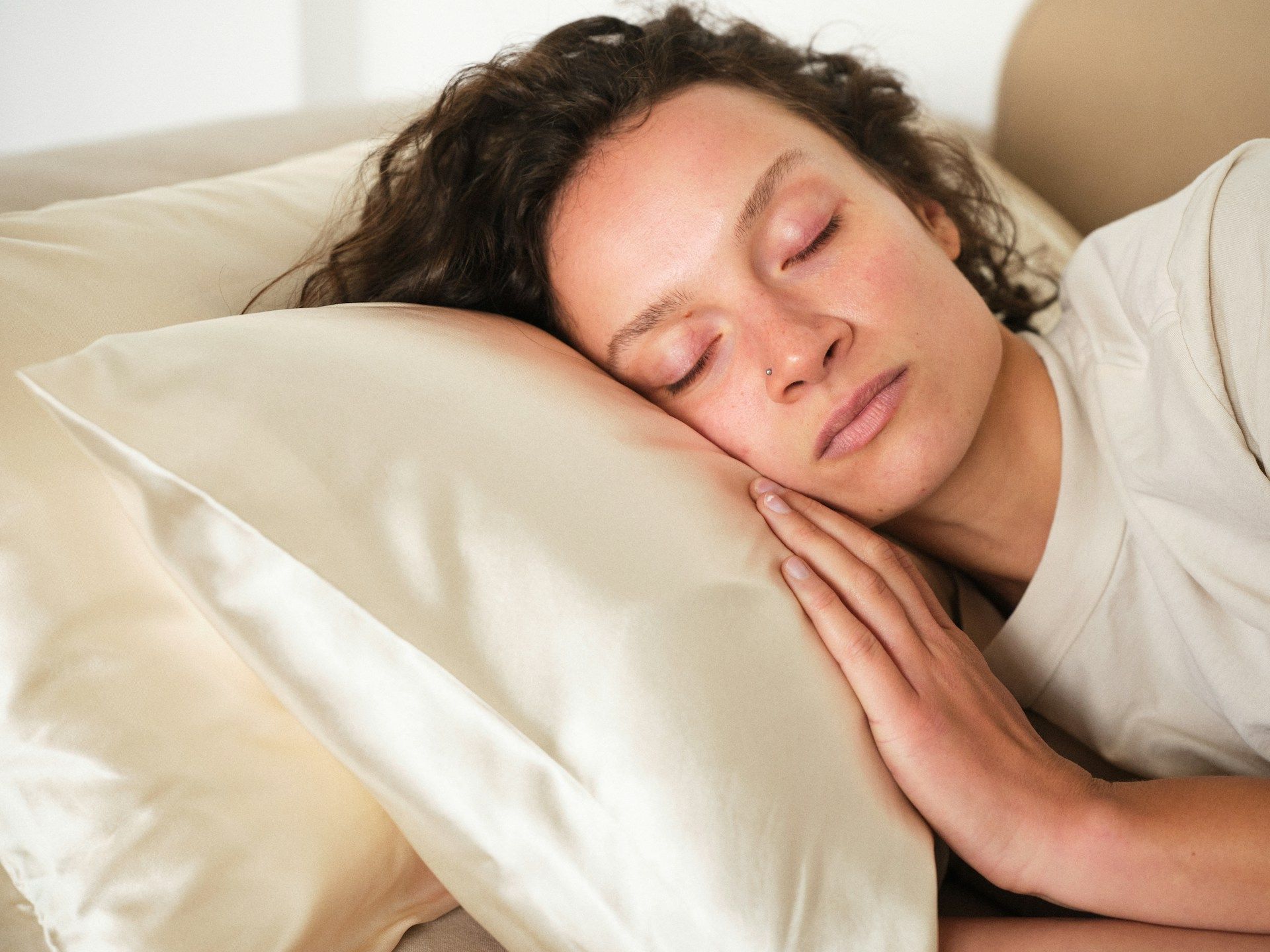Exploring the Sleep-Bruxism Connection: Risks, Symptoms, and Treatments

We spend a significant portion of our lives sleeping, which makes it essential to achieve restful and uninterrupted slumber to maintain our overall health and well-being. For those suffering from poor sleep quality, one often overlooked issue is the connection between sleep disorders and bruxism, or teeth grinding. Grinding your teeth might not seem like a serious concern, but if left unaddressed, it can negatively impact your oral health and exacerbate sleep disorders like sleep apnea. As experts in treating sleep apnea, snoring, TMJ disorders, and head and facial pain, Dr. Cameron Kuehne and our team at The Center For Sleep Apnea and TMJ in Meridian are committed to helping patients uncover the link between poor sleep and bruxism, offering treatment options to minimize its impact on their well-being.
In this article, we'll explore the connection between sleep disorders and bruxism, highlighting the risk factors and symptoms to look out for, as well as the importance of seeking appropriate treatment. By understanding the relationship between sleep disorders and bruxism, you'll gain valuable insights into how you can better manage your sleep quality, protect your oral health, and ensure overall well-being.
Join Dr. Cameron Kuehne and our experienced team in Meridian as we discuss the sleep-bruxism connection, diving deep into its implications and identifying beneficial treatment options to tackle this issue effectively. Armed with this vital information, you'll be better equipped to identify and address the root cause of your poor sleep, improving your quality of life and safeguarding your oral health.
The Sleep-Bruxism Connection: Unraveling the Mystery
The link between sleep disorders and bruxism is both complex and multifaceted. Stress and anxiety often play a significant role in triggering teeth grinding during sleep. However, many patients with sleep apnea also experience bruxism. Sleep apnea – characterized by repetitive episodes of partial or complete upper airway obstruction during sleep – can cause patients to involuntarily grind their teeth as a response to the disrupted airflow. By understanding the correlation between sleep disorders and bruxism, patients and healthcare providers can work together to identify strategies for managing this intricate relationship and improving overall sleep quality.
Risk Factors and Symptoms to Look Out For
While the sleep-bruxism connection can affect anyone, there are specific risk factors and symptoms that patients should be aware of to detect and address this issue early. Some key risk factors and signs include:
1. Stress and Anxiety:
Heightened emotional states, such as stress and anxiety, are known to exacerbate bruxism. Managing these emotions can help alleviate teeth grinding during sleep.
2. Sleep Apnea:
As mentioned earlier, sleep apnea and bruxism often go hand-in-hand, making it essential for individuals suffering from sleep disorders to monitor signs of teeth grinding as well.
3. Dental Damage:
Worn down teeth, cracked enamel, and increased tooth sensitivity may indicate a teeth-grinding problem.
4. TMJ Disorders: Persistent jaw pain or clicking noises when opening and closing the mouth may signify an undiagnosed TMJ disorder, which can be linked to bruxism.
5. Sleep Disturbances: Partners or family members may report sleep disturbances such as snoring, choking or gasping, or nocturnal teeth grinding.
Treating Sleep-Related Bruxism: An Array of Options
Since sleep disorders and bruxism can be interconnected, treatment may require a multi-faceted approach for the best results. Dr. Cameron Kuehne and our team may recommend one or a combination of the following treatment options:
1. Stress Management and Relaxation Techniques: Incorporating stress reduction techniques, such as deep breathing, meditation, and yoga, can help alleviate anxiety-related bruxism.
2. Sleep Apnea Treatment: Addressing sleep apnea can significantly alleviate the severity of bruxism. Custom-made oral appliances or other non-CPAP treatment options prescribed by Dr. Cameron Kuehne can help achieve this.
3. Dental Appliances:
A custom-fit nightguard can be designed by our team to protect teeth from grinding and reduce the symptoms of bruxism during sleep.
4. Dental Restoration: If bruxism has caused extensive damage to the teeth, dental restorations, such as crowns or veneers, may be necessary to repair the damage and restore proper oral function.
5. TMJ Disorder Treatment: Identifying and treating any underlying TMJ disorders can contribute to reduced bruxism.
The Importance of Seeking Professional Help
Managing sleep-related bruxism or teeth grinding requires professional guidance and treatment from experts like Dr. Cameron Kuehne and our team. Early detection and targeted interventions can not only improve sleep quality but also prevent future dental complications such as tooth damage, TMJ disorders, and other oral health concerns.
Reclaim a Restful Night's Sleep with Dr. Cameron Kuehne and The Center For Sleep Apnea and TMJ
Sleep should be a time for rejuvenation, but sleep disorders and bruxism can disrupt your slumber, leaving you feeling tired and negatively affecting your oral health. Dr. Cameron Kuehne and our team at The Center For Sleep Apnea and TMJ are here to help you unravel the connection between sleep and bruxism, providing targeted treatment options to address this issue and reclaim a restful night's sleep. Contact our
TMJ clinic in Idaho today to schedule a consultation and start your journey toward better sleep and improved oral health.

